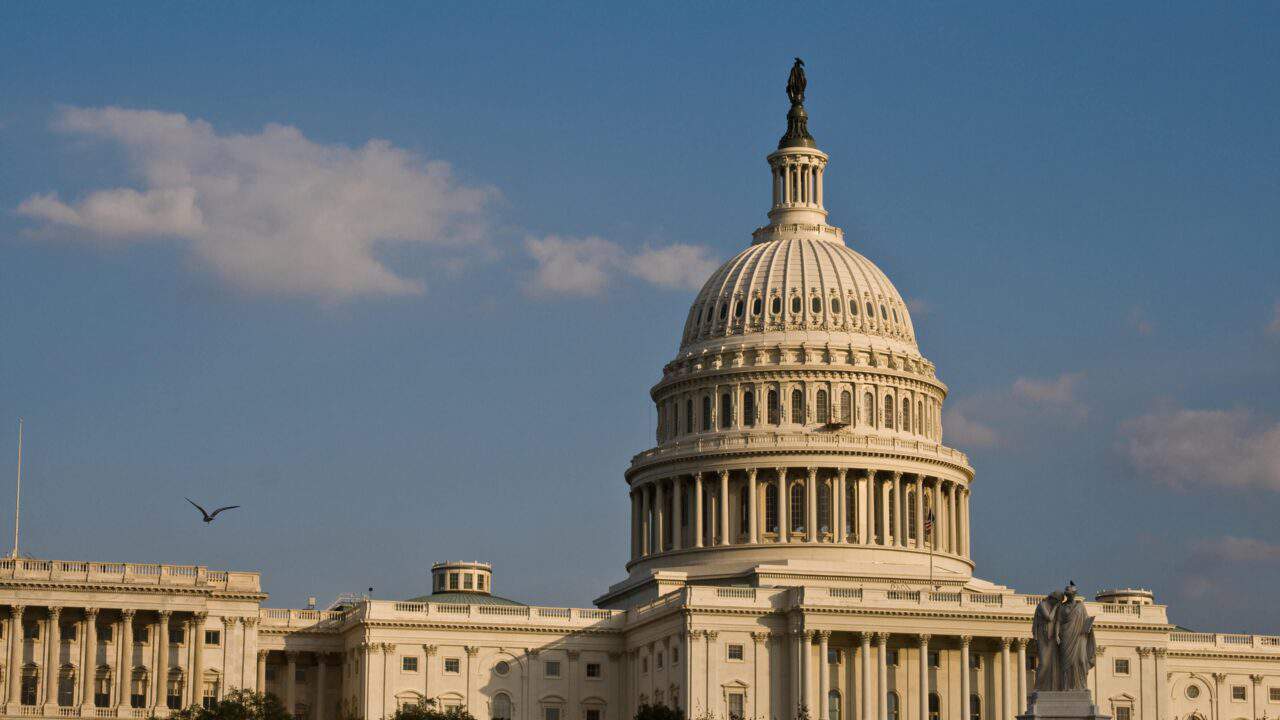 Capitol Building by Andrew Malone is licensed under CC BY 2.0.
Capitol Building by Andrew Malone is licensed under CC BY 2.0.
The Federal Reserve (Fed), Federal Deposit Insurance Corporation (FDIC), and Office of the Comptroller of the Currency (OCC) jointly established principles to ostensibly offer a framework for banks, savings associations, and nonbank systemically important financial institutions (SIFIs) with at least $100 billion in total consolidated assets to focus on material climate-related risks. The regulators indicated they would like these financial institutions to incorporate material climate-related risks into their policies, procedures, strategic planning, scenario analysis, and risk management practices.
Although the principles limit climate-related risks to those that are “material,” the principles fail to identify what constitutes material risk. Materiality is subjective and could be interpreted differently based on the regulator in charge.
Another flaw of the principles are time horizons for climate-related risks. Time horizons for climate-related risks are significantly longer than the timeframe for banks’ strategic planning. Even the Bank for International Settlements (BIS) has pointed out that “time horizons over which climate risks manifest present a considerable challenge for risk quantification.” This mismatch and lack of evidence suggests that providing a framework for material climate-related risks may not be justified.
It is also worth noting that the guidance is influenced by the Financial Stability Oversight Council (FSOC). The guidance cites a 2021 report written by FSOC that cites work by the Network for Greening the Financial System (NGFS) and International Monetary Fund (IMF), and provides climate-related policy recommendations that align with the NGFS and Financial Stability Board (FSB). This is clear evidence that the federal financial regulators have been working with global regulators to set standards for American financial institutions without consulting elected officials in Congress.
Consequently, Reps. Byron Donalds (R-Fla.), Scott Fitzgerald (R-Wis.), and Erin Houchin (R-Ind.) introduced joint resolutions of disapproval pursuant to the Congressional Review Act (CRA) for the OCC, Fed, and FDIC, respectively. If the resolutions are signed into law, the principles would be nullified, and the Fed, FDIC, and OCC would be prohibited from publishing a substantially similar proposal in the future.
ATR believes Congress is right to use its powers under the CRA to repeal the arbitrary proposal.
ATR strongly supports H.J. Res. 124, H.J. Res. 125, and H.J. Res. 126.

